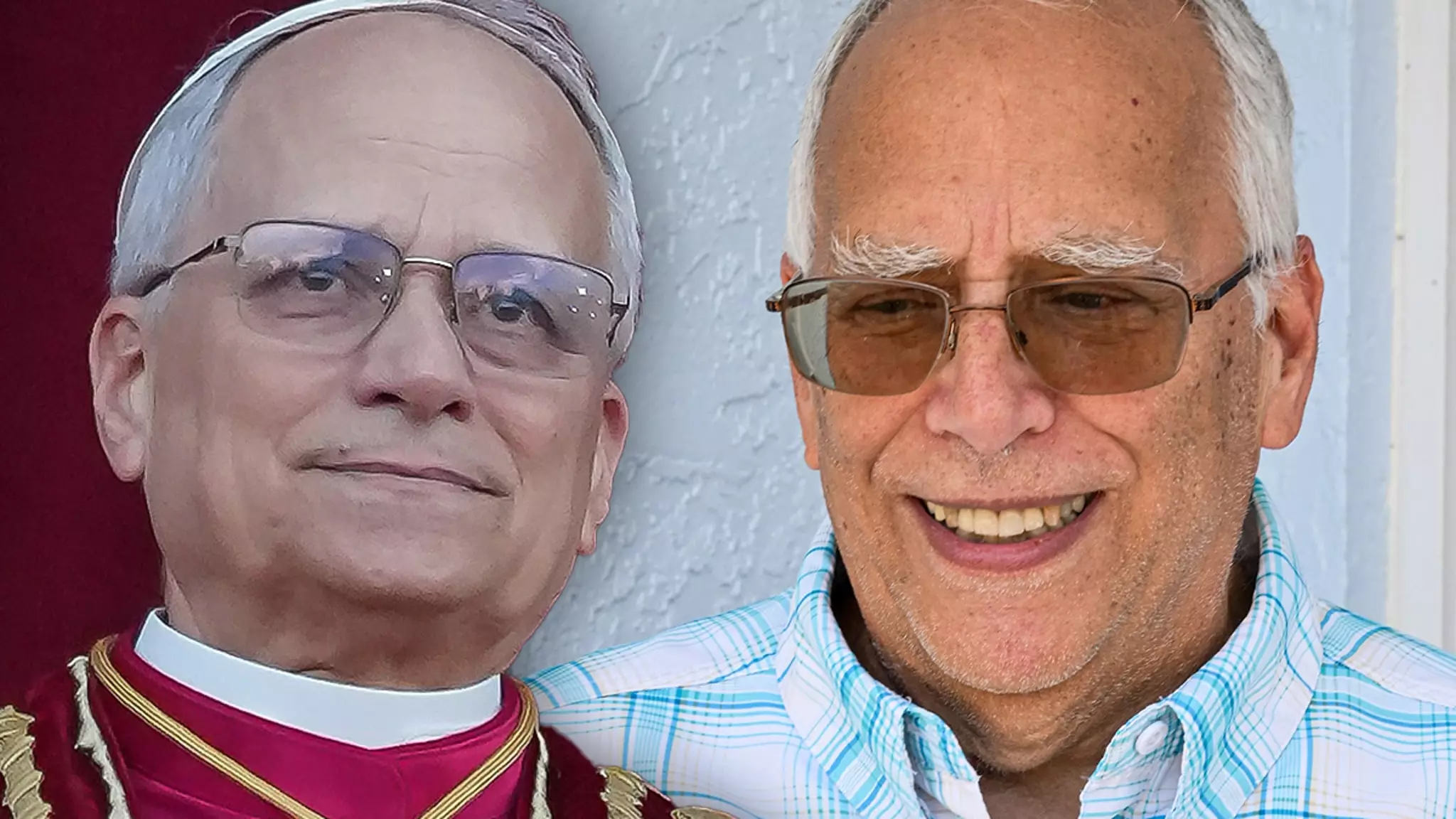In the ever-evolving landscape of political discourse, social media has become both a battleground and a stage for public figures to promote their ideologies. A recent incident involving Louis Prevost, the brother of Pope Leo XIV, highlights how public commentary can blur personal and familial boundaries. Prevost’s resurfacing social media post, in which he disparagingly referred to Nancy Pelosi using offensive language, raises critical questions about the intersection of faith, family, and political expression.
The post, which attributed a derogatory term to Pelosi, did not originate from Prevost himself but was a clip he decided to reshare. In doing so, he effectively endorsed the vehemently negative sentiment expressed in the post’s caption. This choice to amplify such language reflects a troubling reality about how political affiliations can lead to incendiary rhetoric that overshadows civility.
Political Polarization and Its Fallout
Prevost’s comments are not merely an isolated occurrence but part of a larger trend of increasing polarization within the political landscape. His inclination to use aggressive language only further entrenches the notion that public debates must be conducted through hostility rather than dialogue. The fact that Prevost openly supports Donald Trump—whose own approach to discourse is frequently combative—suggests that the apple doesn’t fall far from the tree. This creates an unsettling image of the Vatican, where familial ties might be woven into prevailing political ideologies, raising eyebrows and concerns among the faithful.
As Prevost exhibited a willingness to endorse harsh language towards a prominent political figure—an act that could be perceived as hypocritical given his familial relation to a Pope—it invites speculation about the broader implications for the Catholic Church’s image. How can the Church maintain its moral authority if its leaders’ relatives indulge in scathing political jabs? Such discrepancies beg the question of whether familial loyalties should be scrutinized alongside doctrinal adherence.
The Broader Implications on Church Dynamics
Pope Leo XIV’s tenure as the first American pontiff places additional pressure on the Vatican’s public perception. The interplay between his liberal sentiments and Prevost’s conservative rants showcases an intriguing dichotomy that could create friction not just within their family, but across the church’s global community. When leaders are viewed as representing the institution in its entirety, their family members’ actions can inadvertently influence public perceptions of the Church’s stance on social issues.
Prevost’s choice to engage in such provocative exchanges calls for introspection from both sides—are the beliefs being espoused in line with the core tenets of Christianity? As the Church increasingly struggles with its relevance in a polarized world, it must also confront the challenges posed by private citizens associated with its leaders. The Vatican might need to consider how these internal familial dynamics impact its overall messaging.
Pope Leo XIV is stepping into an incredibly complex political environment, one that is not straightforward in morality or ideology. His legacy may be shaped not only by his own actions but also by the sentiments expressed by those closest to him, as they navigate a precarious path through the merciless landscape of contemporary politics.

